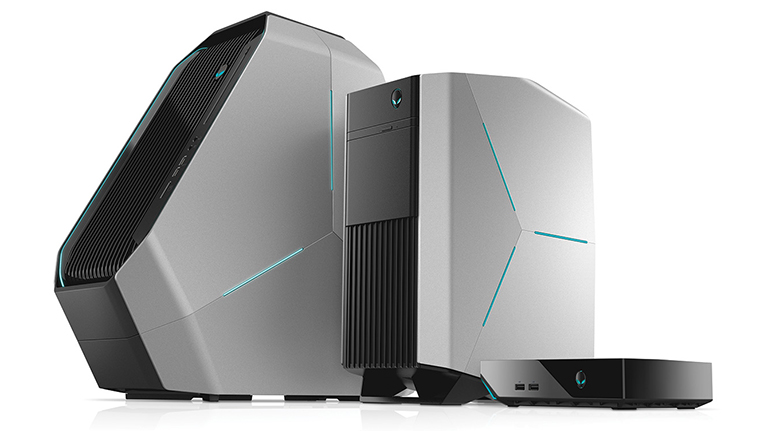
Laptops may have overtaken desktops as the computers of choice for most of us, but there are still plenty of reasons why you might want to choose a traditional-style machine rather than one you can fold shut and put in a bag. In fact, the decision is a lot less clear-cut than you might think, as computing habits and hardware evolve.
Below we've laid out the key considerations to weigh up the next time you're shopping for a brand new computer - it's not a comprehensive list, but it should give you enough food for thought to be able to make an informed decision.
Portability
Every computer is a compromise between portability and power - you'll notice the biggest laptops and desktops are the ones with the most impressive internal specs. If you need a computer you can lug around with you then a laptop is the obvious choice, and if you really want to travel light then the new MacBooks and 2-in-1 hybrid PCs, such as the well reviewed new Surface Pro, are about as thin as you can get (though as we've alluded to, the performance takes a hit).
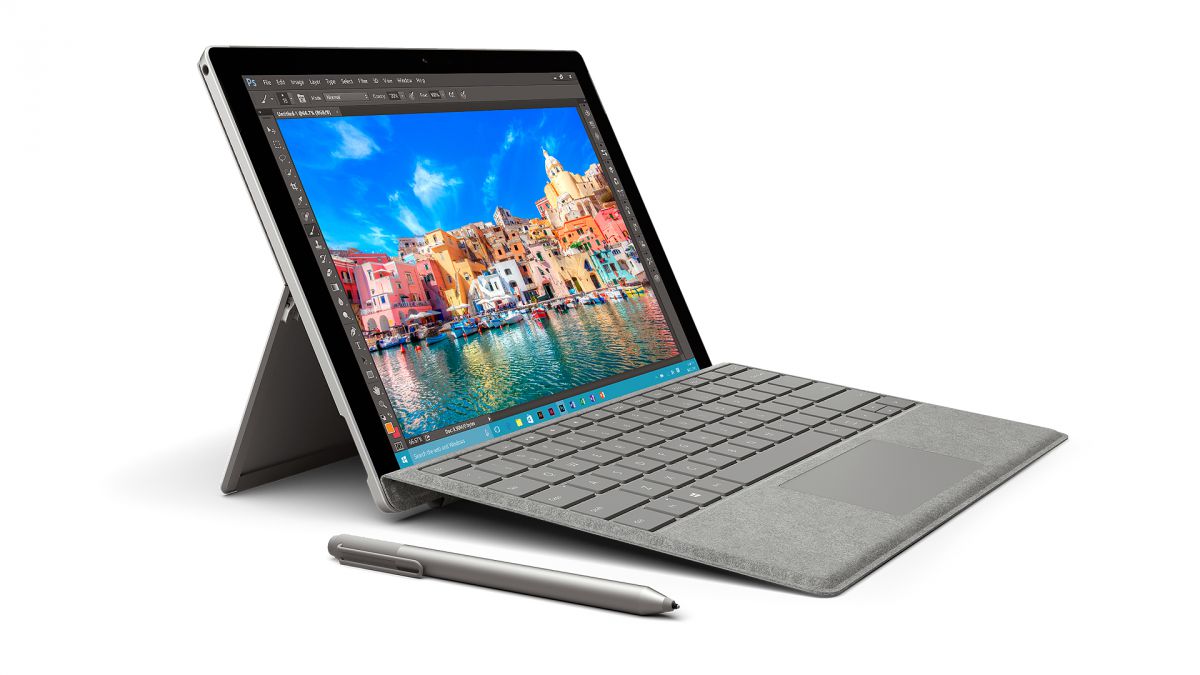
Desktops aren't completely immobile, especially some of the smaller units, but these aren't computers you're going to be able to get out on the train and start working with. Improvements in internet speeds and cloud services mean it's much easier to pick up the work you started at the office when you get home, but if portability is paramount then a laptop is still the best choice.
Power - and price
As we've mentioned, more power and better components means you need more room inside your computer of choice - not only are the components themselves bigger, they need extra space to avoid overheating. By the time laptops get up to desktop levels of performance, they're rather unwieldy and give off a lot of heat and noise too - if you really want the ultimate in power, go for a desktop.
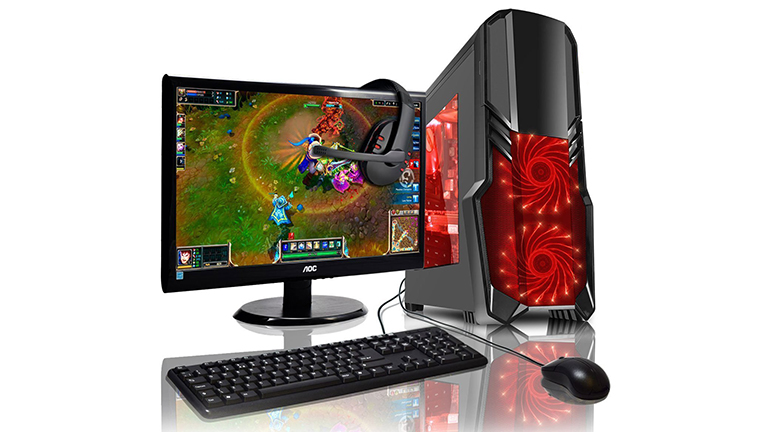
If you're spending the same money then a desktop beats a laptop in almost every entry on the specs list: processor, memory, local storage space, graphics power, expansion ports and so on. Laptop components at the same level come with a price premium because they're smaller and more costly to produce, but then again it's only gamers and video editors who really need the most advanced setups.
Screen size
Laptops are of course built to be as portable as possible, so their screen sizes typically stop where desktop monitors begin. Most laptops hover around the 11" to 15" range, though you can get them up to 21 inches if you really need a lot of screen space - these bigger portable computers are much harder to stuff inside a rucksack, of course.
Sign up to the T3 newsletter for smarter living straight to your inbox
Get all the latest news, reviews, deals and buying guides on gorgeous tech, home and active products from the T3 experts
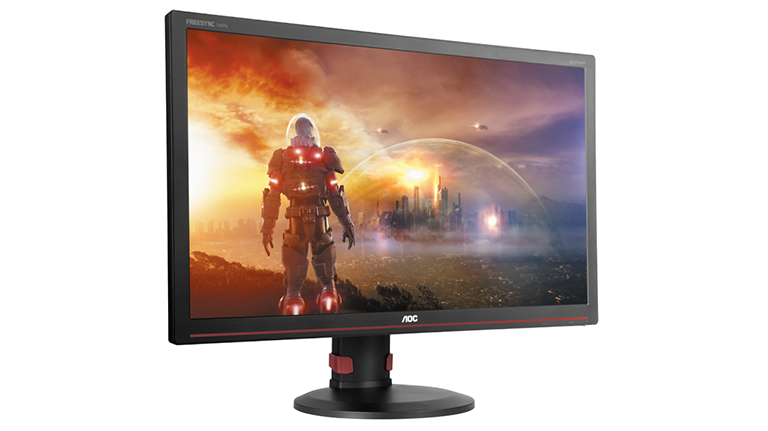
Monitors can be picked up at sizes typically of 17 inches and above. Don't forget all-in-one PCs too, where the entire computer, sound system and monitor is rolled together in one unit. If you need room for comparing applications and windows side by side, or really want your 4K Blu-ray movies to look the part, then a desktop monitor makes a real difference.
Flexibility
Another key difference between laptops and desktops is in the flexibility of the configurations you can put together - there's typically a lot more scope for choosing a range of components (memory, processors and so on) inside a desktop - you can also take it to its ultimate conclusion and build your own PC from scratch. You need a certain amount of technical know-how to do it but it's much easier than building a laptop.
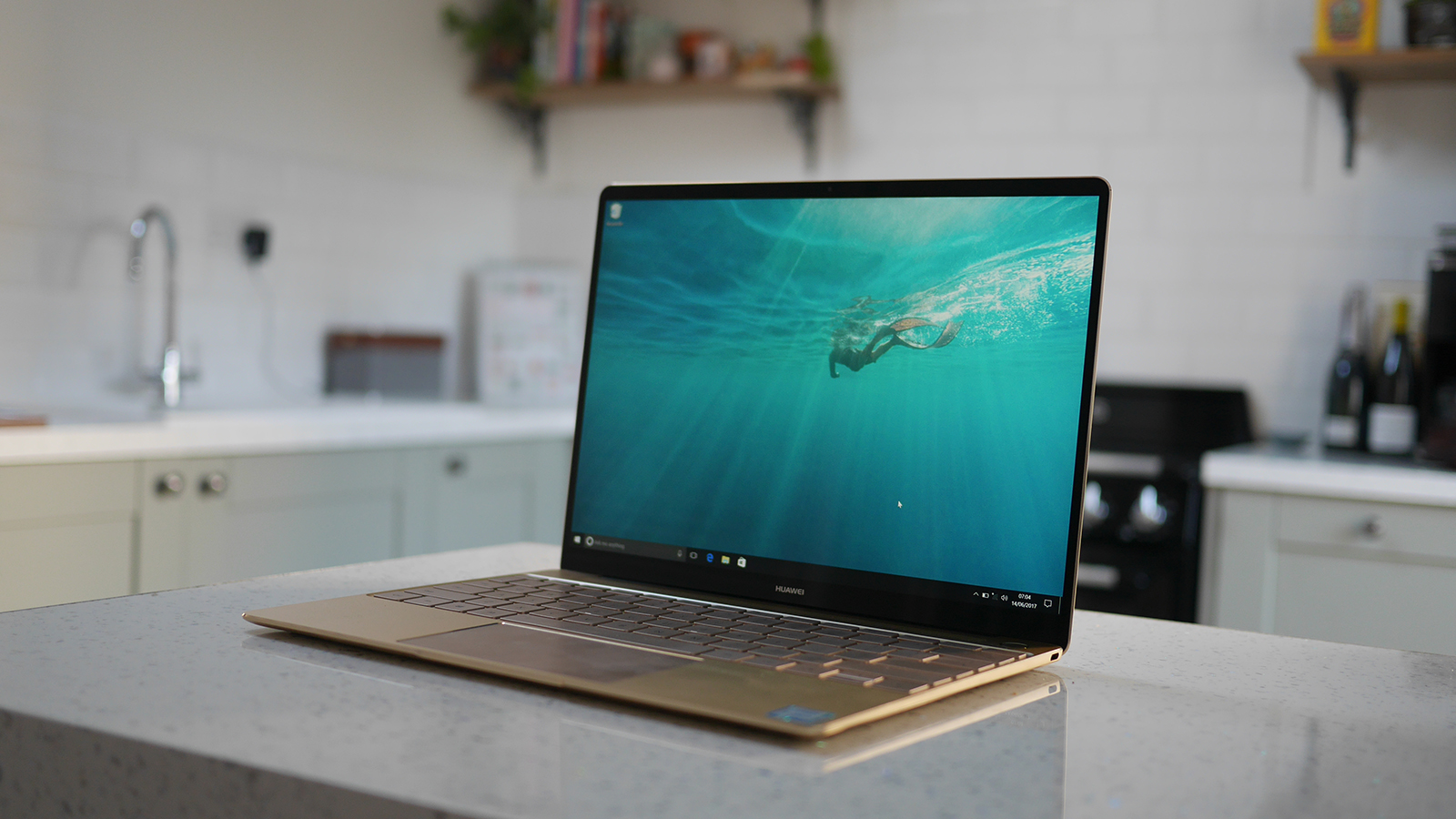
Because of space and heat considerations, a laptop is a much more finely tuned machine - every millimetre counts - so you won't get as much choice with your internal components. Laptops are also more difficult to upgrade and repair for the same reasons. While most users won't mind a lack of configurability or repairability, it's something else to bear in mind when making your choice.
Posture
Finally, there's posture - it might seem low on the list of priorities when you're picking a new computer for yourself, but the experts recommend that your screen should be at eye level when using a computer. This obviously isn't the case when using a laptop, with most users hunching over the computer and bending their necks in an unnatural way.
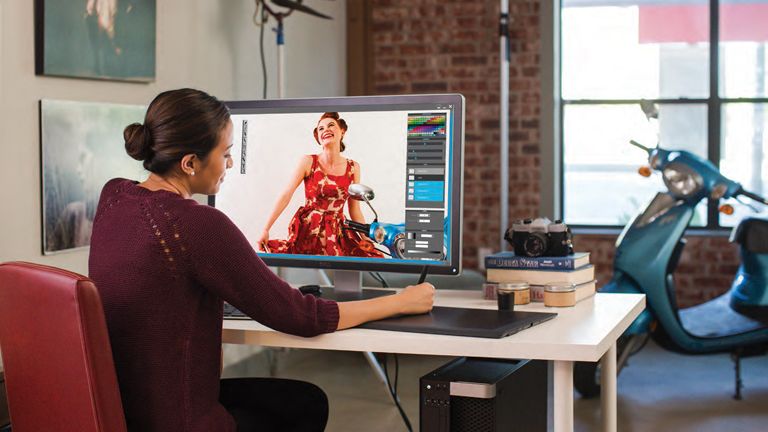
That's not to say you can't get a laptop rigged up to keep your posture healthy, but it's easier to do with a desktop that uses a separate monitor (you can even get a monitor stand for the purpose). If you're already leaning towards buying a desktop then the fact that it's probably healthier for you might help make your mind up.
- Liked this? Check out our best laptop roundup
Dave has over 20 years' experience in the tech journalism industry, covering hardware and software across mobile, computing, smart home, home entertainment, wearables, gaming and the web – you can find his writing online, in print, and even in the occasional scientific paper, across major tech titles like T3, TechRadar, Gizmodo and Wired. Outside of work, he enjoys long walks in the countryside, skiing down mountains, watching football matches (as long as his team is winning) and keeping up with the latest movies.
-
 Leaked AirPods prototype looks like Nothing... literally
Leaked AirPods prototype looks like Nothing... literallyAnd we are here for them
By Britta O'Boyle Published
-
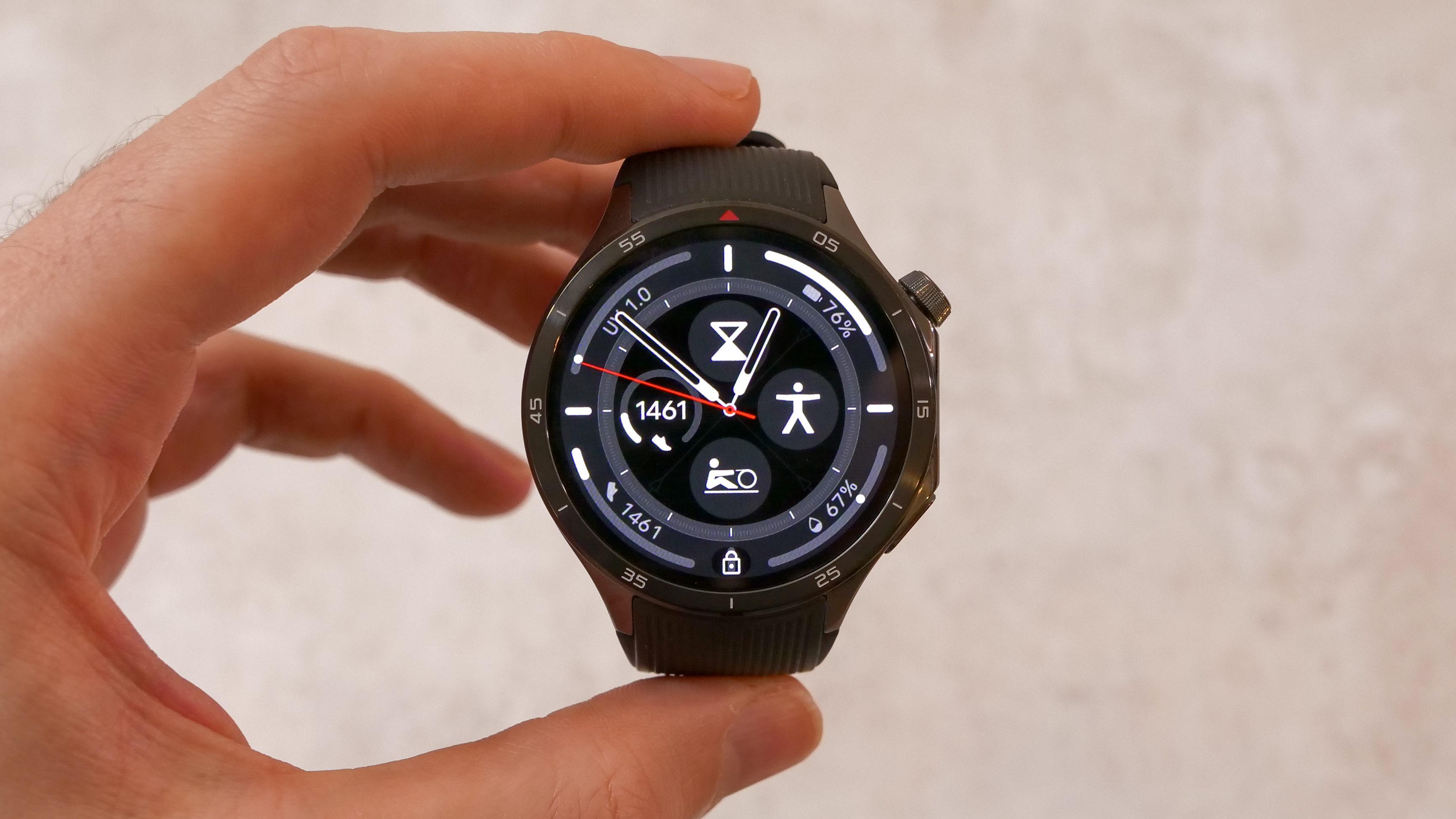 OnePlus Watch 3 lands in the UK with a flurry of freebies and a huge discount
OnePlus Watch 3 lands in the UK with a flurry of freebies and a huge discountThe new titanium-clad smartwatch brings 120-hour battery life, ECG health checks, and some serious launch offers
By Matt Kollat Published

